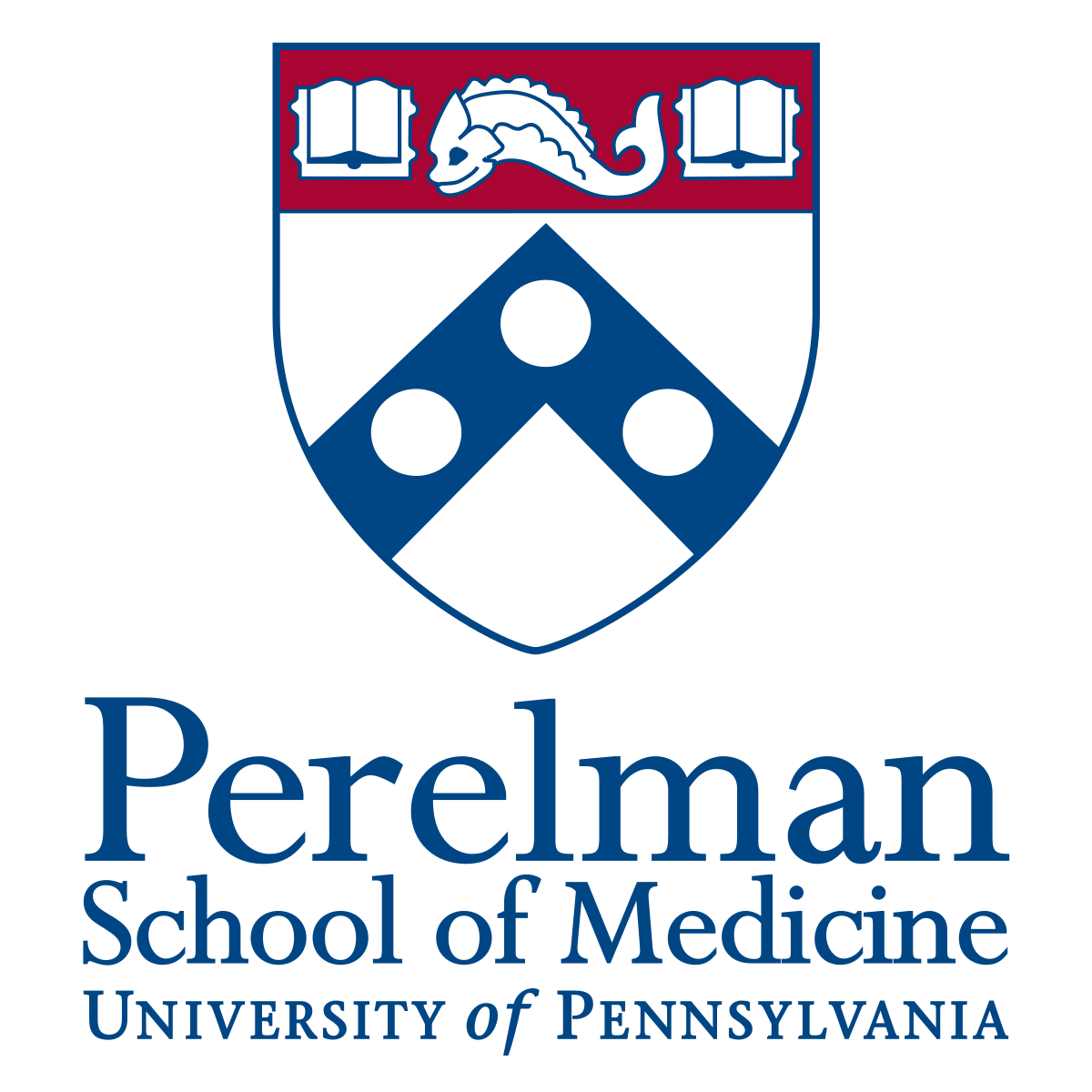Accomplishments

As a head and neck surgeon-scientist, I both treat head and neck cancer patients and lead a laboratory focused on mechanisms by which some tumor cells evade modern cancer drugs. In doing so, I am seeking to establish novel approaches for lasting control of the most aggressive and treatment-refractory head and neck cancers. My work has pursued how multiple discrete subpopulations of malignant cells within a single tumor cooperatively resist therapy via both tumor cell autonomous mechanisms and crosstalk with the stromal microenvironment. In the process, I have developed the expertise for analyzing heterogeneity and phenotypic plasticity within cancer cell lines, patient-derived xenografts, and primary human cancer samples based on molecular and functional criteria. My group seeks precise molecular definition of the plasticity and heterogeneity within head and neck cancers in order to discretely target mechanisms supporting homeostasis of the subset of tumor cells that maintain long-term malignant potential. My most recent work focuses on the role of interaction between PI3K/Akt signals and the histone demethylase JARID1B in driving therapy resistance. These studies have integrated known PI3K inhibitor resistance mechanisms into a novel conceptual framework where PI3K signal dependence is regulated by flux between distinct cell states. Although the PI3K pathway is a major oncogenic driver of head and neck cancer, my work demonstrates that its activation is remarkably heterogeneous and plastic within any single tumor. As a result, rapid compensation to PI3K targeting occurs not only at the level of signaling networks in individual cells but also through dynamics among multiple cell states cooperatively sustaining cancer progression. We are presently exploiting such intra-tumor diversity as an innovative basis to improve the marginal efficacy of current targeted agents in head and neck cancer therapy with new drug combinations. In doing so, we seek to realize the potential of therapies integrating these drugs with rapidly emerging tools to target epigenetic regulation of cell state in order to achieve durable head and neck cancer control.
